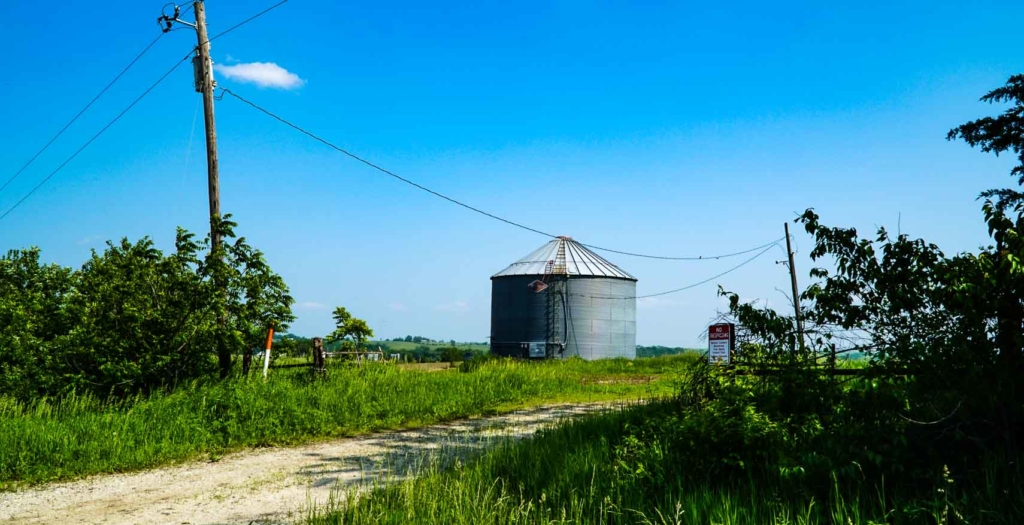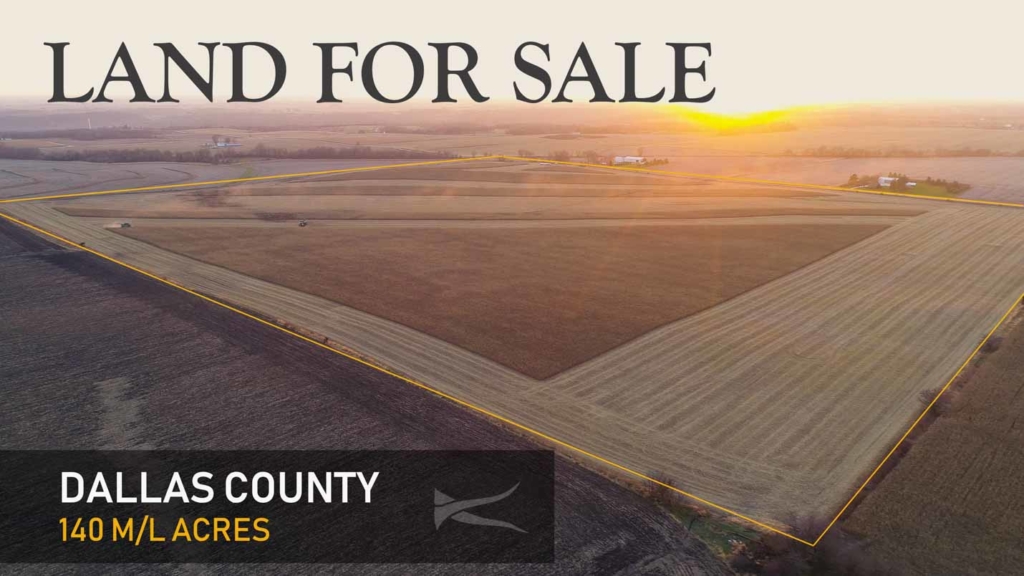Unbelievably, there are landowners with thousands of acres who have never sold a piece of property. Most of these individuals are farmers who spent their entire lives working to expand their operations. Now, in an era where fewer kids are returning to the farm, these properties are being sold. In other cases, a property was inherited, and the owner is looking to cash out. Regardless of the situation, a large percentage of property owners that we work with have never been on the selling side of the table. It can be daunting and stressful if you don’t know what to expect. At a high level, these are the steps involved in selling a piece of property, along with some suggestions for each phase.
Do your Homework
Before the for-sale sign goes up, it’s important to take a step back and think about what you hope to achieve by selling. In some cases, timing is more important than the total sale price. Yet in other cases, existing debts on the property may be owned, which necessitates a specific minimum sale price. In most transactions, the sale is simply predicated on getting a Fair Market Value, which a reputable real estate agent can provide at no cost. Alternatively, you can obtain a formal appraisal, which is anywhere from $500 – $1,500 in most areas. Understanding your financials up front will help you create a well-informed decision about the sale.
Too, Property ownership structure is important. If the property is in a partnership, it can impact the process differently than if the farm is owned solely. In a partnership, depending on how everyone will be impacted, a buyout of certain members may need to take place before the sale. Whether if owned in a partnership or solely, if you’re planning to re-invest in other real estate after the sale, a 1031 tax deferred exchange can be something you’ll want to get familiar with. Talk to your CPA about taxes and property ownership questions.
Improvements to Consider
Assuming everything is in order and the sale will move forward, there are a few areas where most properties can be improved, which will ensure maximum sales price. Some of this is dependent on the type of property to be sold, but in general, these are minor improvements that will pay dividends.
The most important is access. If there is no legal access to any part of the property, that is a problem. This has killed a lot of sales and cost other sellers a significant amount of money. If time isn’t an issue, try to resolve this up front. It may require an easement or buying a piece of land for access, but in most cases, it is imperative to maximizing sales price. You’ll want to get an attorney and a real estate agent who specializing in land sales involved.
Assuming legal access is in order, general access around the property is another improvement for consideration. Most counties will split cost with installing a new driveway, if one doesn’t exist. Think of a driveway kind of like curb appeal. If a new buyer comes to see the property and must park on the road, it immediately impacts their thoughts about additional cost of ownership. Put in a driveway unless the cost outweighs the return. Also, a cable stretched across the access shows you care about who comes and goes, which eliminates concerns they may have about trespassing. A trail system throughout is a great idea too but can be costly if you don’t have equipment to do it yourself. This is one that a land specialist can make further recommendations on.
Last, and probably the most overlooked issue is one that impacts value more than people realize…. trash. Cosmetic appeal is important to even the rawest of properties. Unless it will require significant financial resources or time, its always a good idea to clean up the property before putting it up for sale.
Method of Sale
Deciding on how you will sell the land is an important part of the process. In our experience, the best method to sell any given property is dependent on several factors. However, primarily there are three main factors which dictate the method used: timing, property type, and preference. At KILOTERRA, we use 3 methods for selling land, and each have their ideal case.
Public Auction – A public auction is exactly what it sounds like. The property is open for bids to the general public, generally on a specific date and time. However, with the advent of online auctions, some auctions can open for several days with a specific ending date. In general, this type of sale is ideal for row crop farms and sales where the sale is deemed urgent by the owners. With a specific date identified, we will market the property aggressively up until the sale. When a property is universally appealing to a large buyer pool, this method of sale works well.
Sealed Bid Auction – A private sealed bid auction works similarly to a public auction. However, instead of holding an open auction, we would aggressively market the property and collect sealed bids from the public. On a pre-determined date, we review the bids with the owner, and they decide who they will invite into a private forum to bid on the property behind closed doors. This gives the owner some level of control on who ends up buying the property and some negotiation authority if circumstances would not allow a public auction.
Land Listing – Listings work well when a property is unique and has a narrow buyer pool. It offers the maximum ability to negotiate and set terms but is also a longer process than most auctions.
Depending on the owner’s preference, property type, and timeline, a method of sale should be decided upon. Rely on a reputable land specialist to help guide you in this decision.
Hiring your Team
The right team can make all the difference in your sale. As with most things, the lowest price option doesn’t always correlate to the best choice. Be sure to interview at least a couple real estate companies. Try to understand their experience level and knowledge about properties specifically like yours. Ask them about the market and how they would advertise your property. Look at some of their work to see how well they market their properties. At a minimum, the company should be displaying high quality pictures accompanied by well written copy and downloadable maps. Even if you know nothing about selling a farm, at least look for an agent who does good work and speaks confidently about the process and their experience. Whoever you hire will be tasked with handling one of the largest financial transactions in your lifetime. It is a great idea to hire wisely and cautiously. The same goes for your attorney. An attorney who knows real estate well and is well versed and clearing up title issues or complicated transactions is well worth the additional cost of someone who is still learning the business.
The Sale
Once the sign goes in the ground, patience should be a word you hang on to. Selling a piece of land can be a tedious process. Cash transactions with no due diligence are very rare, especially on larger parcels of land. Most require the buyer to come up with financing, which has its own set of hoops and hurdles. Even after the purchase agreement is signed, be prepared for anywhere from 30-60 days for most transactions to close. Have some patience and trust your team to help make the best decisions along the way. In most cases, you can expect a survey, abstract updating, appraisal, title opinion, further negotiation, and finally closing. Mostly your team should handle getting professionals lined up and ensure the work is getting done in a timely manner.
Selling a property can be stressful. Follow some of these suggestions and your odds for a successful sale are sure to improve.


